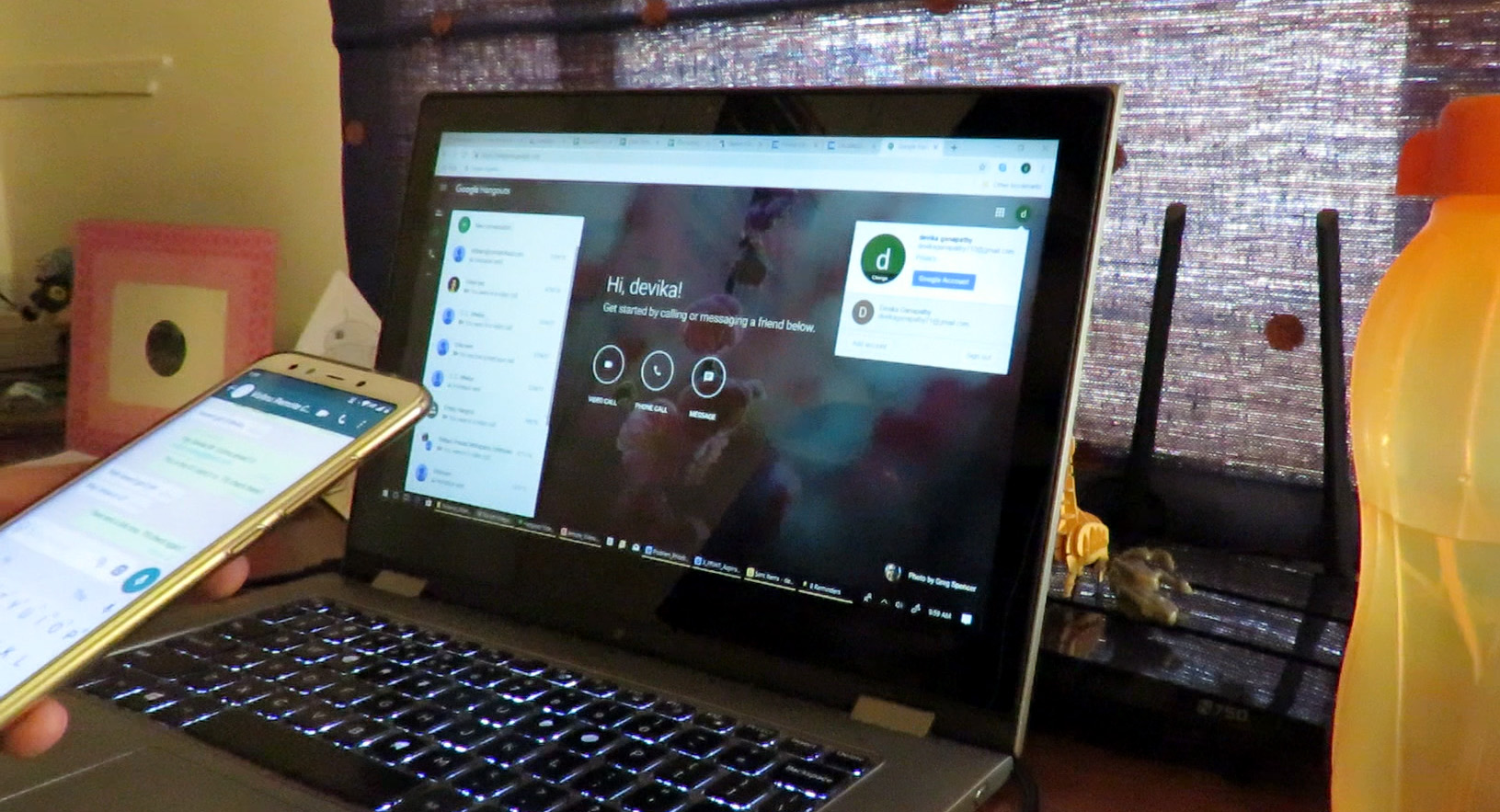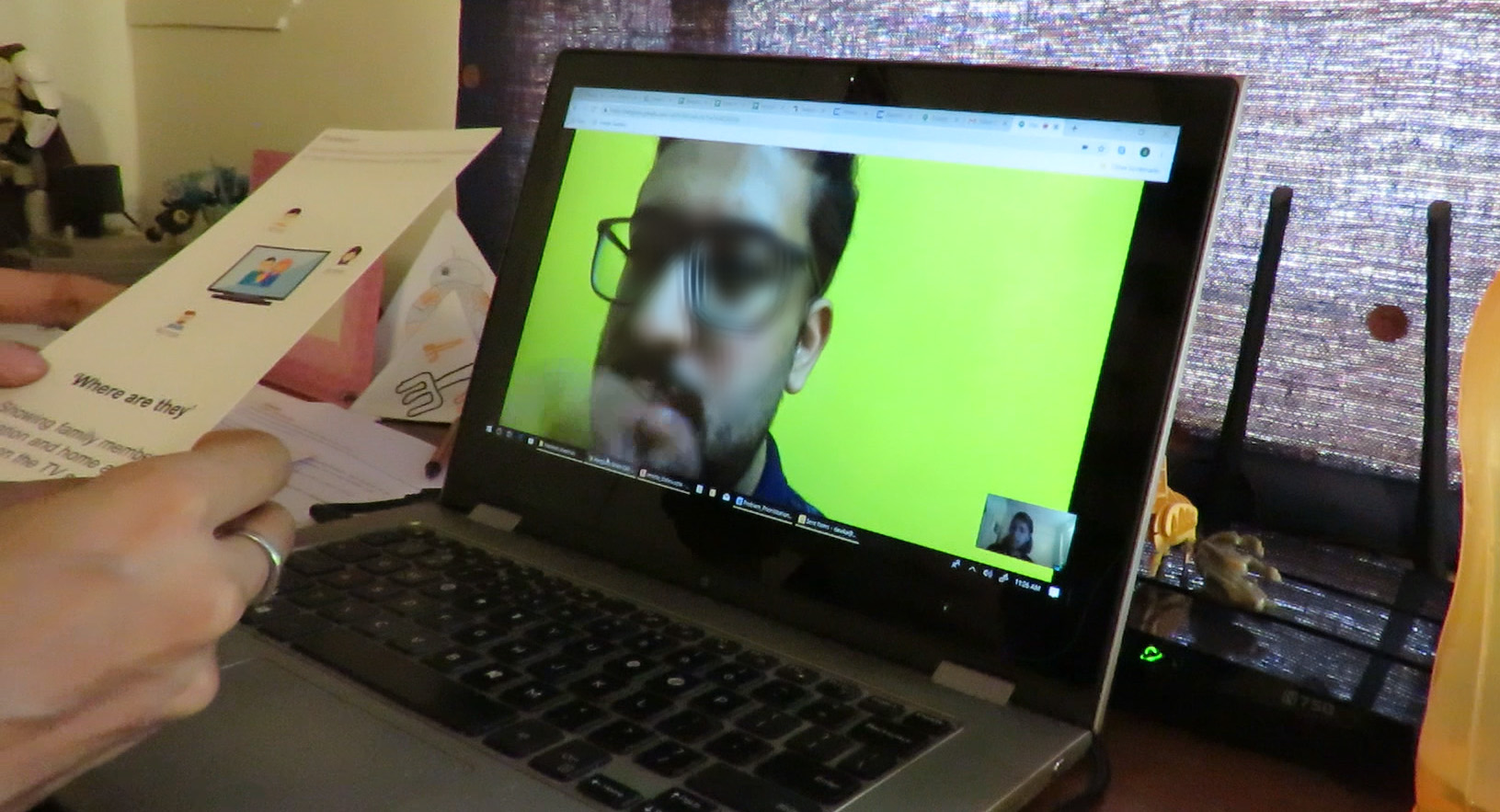Remote Research
Expanding access and insight through remote research with Indian participants
Over the years, Anagram Research has mindfully recommended and used a remote research approach on a number of projects. We have conducted remote research using proprietary user research software like Hatch Tank and Revelation, as well as bootstrapped approaches using WhatsApp and phone calls.
The obvious benefits of remote research include navigating logistical or scale challenges, aligning with participant preferences and allowing busy client teams to observe sessions efficiently.
Remote research can be used as a standalone approach or to effectively complement in-person methods and different phases of a study – for example, to prime participants before in-context sessions, follow up to deepen or validate field insights, or help global teams build cultural understanding during the planning stage.
In a study to understand user experiences on a cricket info app, Anagram Research recommended combining the strengths of remote and face-to-face methods.
Starting with a remote, longitudinal Diary Study enabled us to cover a large sample quickly. (48 tech-savvy participants, across 4 Indian metros, in 7 days) We were also able to capture insights on app usage that varied over time and context.
We followed the Diary Study with in-person Triads, in order to explore emerging themes and dive deeper into key findings.


Remote research can also be a powerful tool to encourage emotional openness among participants, especially when exploring sensitive topics.
In studies with non-professional caregivers and employees, participants we interviewed remotely were noticeably more candid and forthcoming than those interviewed face-to-face.
The physical distance of a remote setting seemed to ease self-disclosure – whether it was caregivers speaking freely about the emotional toll of caregiving or employees sharing honest reflections about their employer.
These experiences highlight another important advantage of remote research – Lowering psychological barriers and helping participants feel safer and more comfortable opening up.


Remote research can be a great fit in many scenarios but it’s not always the right choice for every objective.
Our role is to guide you – whether that means remote, in-person, or a hybrid model – toward methods that deliver rich insights and real value.